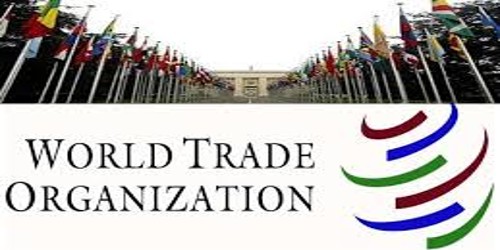Principles of World Trade Organization (WTO)
World trade Organization (WTO) provides the principal contractual obligations determining how governments frame and implement on domestic trade legislation and regulations. The purpose of the WTO is to ensure that global trade commences smoothly, freely and predictably.
WTO as organization has some basic principles. These are:
Trading without Discrimination: The famous “Most Favored Nation” (MFN) clause or Article 1 of GATT all countries are on an equal basis and all shares the benefits of any moves toward lower trade barriers. This treatment generally ensures that countries like Bangladesh with little economic leverage are able to benefit from the best trading conditions wherever and whenever these are negotiated.
Predictable and Growing Access to Markets: World trade environment needs to be stable and predictable for trade to flourish. The existence of secure and predictable market access is largely determined by the use of tariffs or custom duties. The concept of bound tariffs and “ratification” of all non tariff barriers are main pillars of predictability.
Promoting Fair competition: WTO maintain some system of rules dedicated to open, fair and for undisturbed competition.
Encouraging Development and Economic Reform: WTO to be effective wants to kill the notion that the trading system existed only for industrialized countries, an impression unfortunately associated with GATT.
So normally WTO was established to deal with the non tariff barriers where GATT deals with the tariff barriers. The principles of WTO are stronger and effective than GATT.















